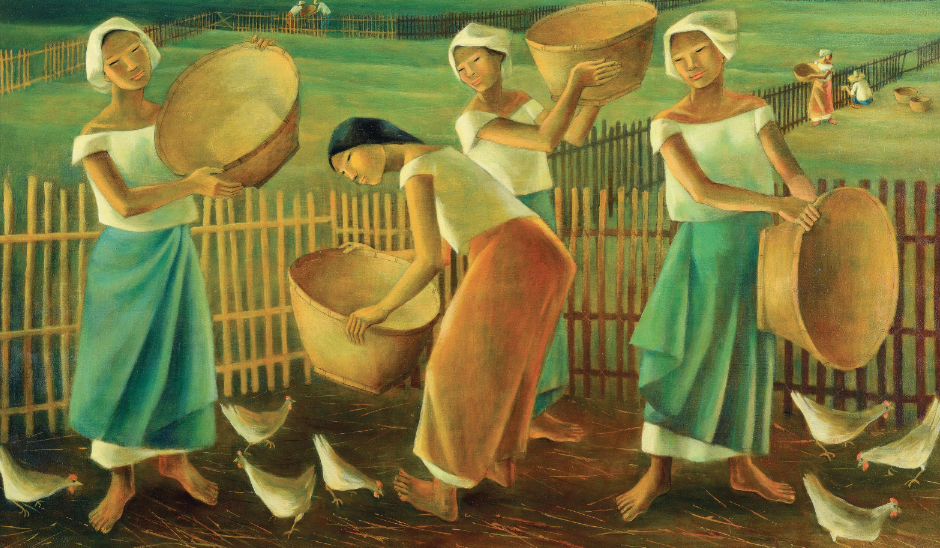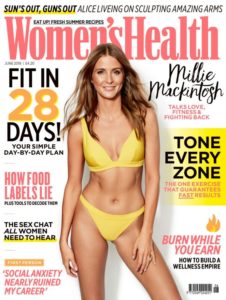
The cultural drive for men to consume other animals is well understood in the social science literature, but less research has examined how women as a distinct social class might also wish to consume Nonhuman Animals, and, more specifically, why women might actively resist vegan outreach efforts.
For some women, the alignment with male consumer behaviour and value systems could indicate an attempt to bargain with patriarchy, a strategy some women use, whether consciously or not, to protest their station as a woman or even improve their status by aligning with male power.
Other women may celebrate their consumption of other animals as a demonstration of their improved social status in a “postfeminist” society. Women and girls, after all, have been systematically denied access to higher-value foods, such as animals’ flesh. Many are deprived of sufficient calories due to cultural norms.
Women’s access to animal bodies may therefore signal “We’ve come a long way, baby.” Claiming “meat” allows women to claim their power. To this end, many feminists are resistant to vegan claimsmaking, arguing that food deprivation and dietary dictates are sexist.
Although feminism has historically employed consciousness-raising to awaken women to their personal and shared oppressions, the neoliberal influence over contemporary feminism has encouraged more feminist attention on individual freedom and considerably less on collective liberation. As a result, mainstream feminism has obstructed solidarity with other animals, as the requisite adoption of a vegan diet is dismissed as a matter of “personal choice.”
Sociological and psychological research on the relationship between gender and veganism often feeds the scientific trend in reifying gender essentialism (assumed fixed differences between women and men), focusing on women’s tendency toward plant-based eating and men’s tendency to eat more “meat.” More research, however, is needed to address a trend that is frequently overlooked in the literature: despite women’s cultural affiliation with other animals, most women continue to them.
Dr. Wrenn is Lecturer in Sociology at the University of Kent. She received her Ph.D. in Sociology with Colorado State University in 2016. She was awarded Exemplary Diversity Scholar, 2016 by the University of Michigan’s National Center for Institutional Diversity. She served as council member with the American Sociological Association’s Animals & Society section (2013-2016) and was elected Chair in 2018. She is the co-founder of the International Association of Vegan Sociologists. She serves as Book Review Editor to Society & Animals and is a member of the Research Advisory Council of The Vegan Society. She has contributed to the Human-Animal Studies Images and Cinema blogs for the Animals and Society Institute and has been published in several peer-reviewed academic journals including the Journal of Gender Studies, Environmental Values, Feminist Media Studies, Disability & Society, Food, Culture & Society, and Society & Animals. In July 2013, she founded the Vegan Feminist Network, an academic-activist project engaging intersectional social justice praxis.
She is the author of A Rational Approach to Animal Rights: Extensions in Abolitionist Theory (Palgrave MacMillan 2016), Piecemeal Protest: Animal Rights in the Age of Nonprofits (University of Michigan Press 2019), and Animals in Irish Society: Interspecies Oppression and Vegan Liberation in Britain’s First Colony (State University of New York Press 2021).
Receive research updates straight to your inbox by subscribing to my newsletter.












